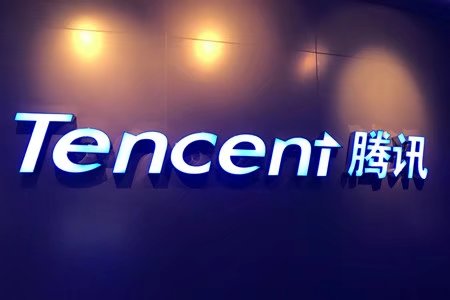Chinese tech powerhouse Tencent Holdings, which in recent years has taken stakes in hundreds of companies worldwide, is continuing its shopping spree with a planned USD 500 million investment in Hillhouse Capital’s retail pharmacy business.
The transaction would put a valuation of USD 2.5 billion on the Asia-focused private equity firm’s health care arm, according to a person with direct knowledge of the matter.
The deal, which has not yet closed, also reflects Tencent’s efforts to diversify from its core entertainment businesses, where growth has softened amid China’s economic downturn and stricter government oversight.
Tencent declined to comment, but company executives have previously expressed their interest in the health care sector.
“Tencent has done a lot of thinking and exploration on how to improve the quality and accessibility of the entire medical industry through internet technologies and platforms,” Mu Yifei, an executive in charge of investment, said in a statement last year following the debut of a joint venture between Tencent and Trusted Doctors to build the largest private medical care network in China.
In recent years, Tencent has developed an artificial intelligence program that assists doctors in reading medical scans and making diagnoses for diseases, such as esophagus cancer. It also has poured money into health care app WeDoctor and invested in Hangzhou, China-based DXY, a medical information platform similar to WebMD of the U.S.
The Shenzhen-based company, the No. 1 gaming publisher in China and owner of widely popular instant messaging app WeChat with 1.1 billion users, has been seeking growth outside of its entertainment businesses.
“Tencent’s mission is to become a digital assistant of all industries,” Martin Lau, Tencent’s president, said in September 2018 when announcing the company’s first restructuring in six years.
Hong Kong-listed Tencent had revenue of nearly RMB 89 billion (USD 12.5 billion) in this year’s April-June quarter, missing analysts’ expectations. The company last year also suffered its first quarterly profit decline in 13 years as a result of Beijing freezing licenses on new gaming titles, which has since been lifted.
The deal, first reported by The Information, would inject additional financial resources into Hillhouse, which is known for its investments in Tencent and Chinese search engine giant Baidu.
The person familiar with the matter said that while Cowell Health — Hillhouse’s health care arm — is profitable, the new funding is expected to boost its presence in China through more mergers and acquisitions. Cowell’s retail drugstore business alone generated 20 billion yuan in revenue last year, this person said.
Hillhouse so far has invested at least $1 billion to acquire more than 60 retail pharmacy operators with over 10,000 stores.
Analysts and investors expect a booming market for China’s health care sector, given its rapidly aging population. Health expenditures are expected to more than double in seven years, from RMB 3.2 trillion in 2013 to RMB 6.7 trillion by 2020, according to Deloitte estimate.
